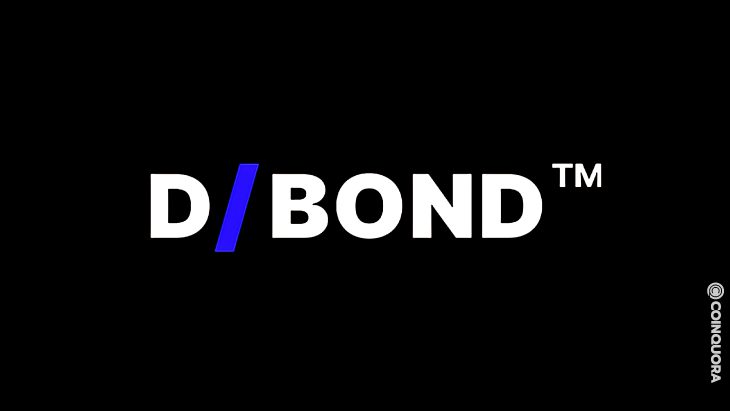The bond market is becoming popular and an excellent choice for investors who are looking for more investment opportunities. Sure, most investors are already familiar with the basics of the bond market. However, the increasing number of potential investors and the high barrier to market entry makes it hard even for experts to keep up with market developments.
Earlier, bonds were viewed as a way to earn calculable interest, but that has recently changed. Today, bonds are a trillion-dollar worldwide market that provides investors with many benefits to their investment portfolios. What is more, platforms like D/Bond have brought smart innovations which make it easier for investors to trade bonds 24/7.
In this post, we walk you through how D/Bond allows investors to trade decentralised bonds 24/7, how you could take advantage of this Decentralised Finance (DeFi) platform, and start trading bonds right away.
So, What is D/Bond?
D/Bond is a protocol committed to building a more stable and fairer DeFi so that investors can have more security and flexibility when trading bonds and derivatives.
D/Bond’s innovative solutions empower users to create, buy, and trade bonds. Previously, it was impossible to put bonds on the blockchain. The only methods by which investors could profit from bonds were buying directly from the government, via a fund, or with the help of a broker.
D/Bond makes buying bonds possible for everyone. The only thing you need to get started is digital assets like BTC, ERC–20 tokens, NFTs, etc. The platform developed the new ERC–3475 standard to make decentralised bonds possible on the blockchain. The technology gives anyone the opportunity to create personalised bonds and derivatives like futures and options. Each bond or derivative is assigned to a unique algorithm, which adds additional security to the process of bonds trading.
D/Bond entails three technologies: ERC/3475, D/Exchange, D/Wallet. Let’s discuss each of these them and how they come in handy when trading bonds.
- ERC-3475: D/Bond has developed the ERC/3475 technology to improve blockchain security on the platform. The best part of the ERC/3475 standard is that it allows the issuance of Multiple Callable Bonds. Each one is assigned to a unique algorithm and does not require additional smart contracts. Thanks to these changes, the new standard may now be utilized to issue customisable bonds and financial derivatives like futures and options.
- D/Exchange: D/Exchange is where you can trade bonds. It supports all auctions that are compatible with the ERC/3475 technology. Once you release your decentralised bond onto the market, its price declines until a buyer decides to purchase it.
- D/Wallet: D/Bond has also come up with the D/Wallet, an extension of ERC–20 wallets. In this wallet, you have all the ERC/3475 assets — so there is no need to download any additional software or regenerate any private keys. In other words, it simplifies your trading experience.
Join the Decentralized Bond Market Today
Decentralized bonds are the next big thing in DeFi. Moreover, beyond the security it offers you when investing big, you will also be able to invest in projects you love.
DeFi market and platforms, such as D/Bond, offer investors a smart tool to trade and invest their tokens in decentralized bonds.
More companies are now welcoming the idea of trading their tokens to blockchain investors to help finance their projects.
Take, for example, Start Engine, a U.S. Securities and Exchange Commission (SEC)-registered equity crowdfunding platform. It has recently opened up its offerings to include tokens representing equity in Start Engine-backed companies.
This is a significant development as it could pave the way for other platforms to do the same and help increase the flow of capital into blockchain startups. For potential investors this might also mean a great opportunity to be involved in the DeFi space.
Disclaimer: CoinQuora does not endorse any content or product on its page. While we aim to provide you with all relevant information that we could obtain, readers are encouraged to do their own research before taking any actions and bear full responsibility for their decisions. Please note that this article does not constitute investment advice.


